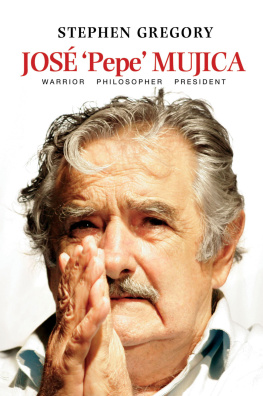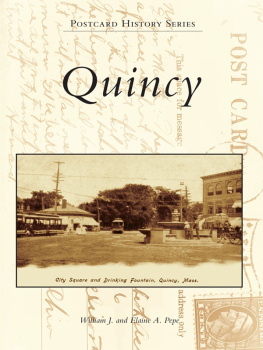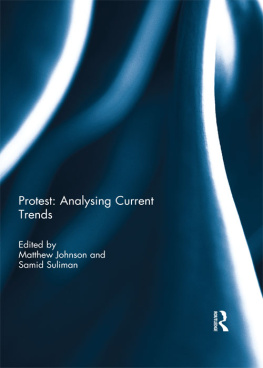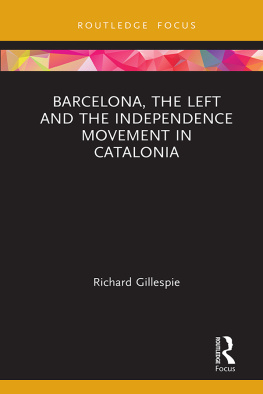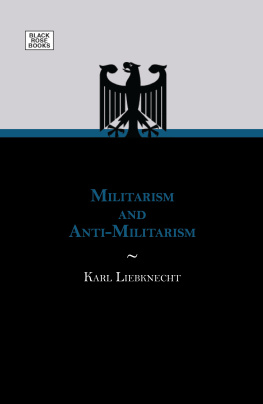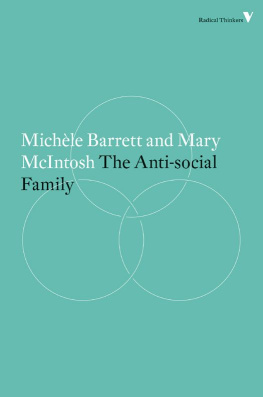From Montevideo, Uruguay,
home of Jos Pepe Mujica,
where the author now lives with his wife Lilian,
he dedicates this book to his children
Myra in Sydney, Australia
and Warren on Victoria Island, Canada
Copyright Stephen Gregory 2016.
The right of Stephen Gregory to be identified as Author of this work has been asserted in accordance with the Copyright, Designs and Patents Act 1988.
2 4 6 8 10 9 7 5 3 1
First published in hardcover 2016 in Great Britain by
SUSSEX ACADEMIC PRESS
PO Box 139, Eastbourne BN24 9BP
and in the United States of America by
SUSSEX ACADEMIC PRESS
Independent Publishers Group
814 N. Franklin Street, Chicago, IL 60610
and in Canada by
SUSSEX ACADEMIC PRESS (CANADA)
All rights reserved. Except for the quotation of short passages for the purposes of criticism and review, no part of this publication may be reproduced, stored in a retrieval system, or transmitted, in any form or by any means, electronic, mechanical, photocopying, recording or otherwise, without the prior permission of the publisher.
British Library Cataloguing in Publication Data
A CIP catalogue record for this book is available from the British Library.
Library of Congress Cataloging-in-Publication Data
Names: Gregory, Stephen, 1948, author.
Title: Jose Pepe Mujica: warrior, philosopher, president / Stephen Gregory.
Other titles: Jose Pepe Mujica, warrior, philosopher, president
Description: Chicago : Sussex Academic Press, [2016] | Includes index.
Identifiers: LCCN 2015047054| ISBN 9781845197896 (pbk : alk. paper) | ISBN 9781782843054 (mobi) | ISBN 9781782843061 (pdf)
Subjects: LCSH: Mujica Cordano, Jose Alberto, 1934 | UruguayPolitics and government1985 | PresidentsUruguayBiography.
Classification: LCC F2729.52.M85 G74 2016 | DDC 989.506/7092dc23
LC record available at http://lccn.loc.gov/2015047054
Typeset & designed by Sussex Academic Press, Brighton & Eastbourne.
Printed by TJ International, Padstow, Cornwall.
Contents
Preface
Acknowledgements
Introduction
A Portly Knight and His Far From Average First Lady
Chapter One
WARRIOR
Flower Power
A Political Apprenticeship
Fire Power
Chapter Two
PHILOSOPHER
A Tupamaro Persona?
The Left Before Taking Power
Horizontal and Egalitarian or Vertical and Hierarchical?
Parliament and the Problem of Representation
Chapter Three
PRESIDENT
Uruguay after the Deluge
From Deputy and Senator to Minister
The Presidency and After
Conclusion
A Left Alternative?
The Philosopher Takes Power while the Politician Thinks
What is Left?
Glossary
Chronology
Sources
Preface
What follows is written by an Anglo-Australian academic Latin Americanist who has a specialist interest in the involvement of Uruguayan intellectuals in their countrys political affairs and who, now retired from university administration, teaching and research, lives in the Uruguayan capital, reads its press and watches its television. Two earlier books by the author, detailed in the Bibliography, have provided background material for the current writing.
This brief volume is not academic. The material is not footnoted and is not the product of new research. Quite the contrary. It rehashes already published material, almost all of it from Uruguay and in Spanish. What lies at its core is the authors belief that the relevance of Jos Pepe Mujica in the modern world far exceeds that of the eccentrically dressed national president who took the global media by storm at venues such as the United Nations and World Environment summits with largely improvised fiery speeches on such topics as the dangers to human life posed by rampant consumerism, continued environmental vandalism and unimpeded industrially produced climate change. Interviews often conducted in the then Presidents humble, picturesquely shambolic semi-rural home and published in newspapers, magazines and websites in many languages throughout the world showed how Mujica and his wife (also an active politician) contributed by example both at home and at work to illustrating how it was possible to live comfortably but modestly while doing what one could to mitigate these ills. And all of this while being now aging survivors of guerrilla war, political imprisonment and a military dictatorships torture chambers.
This is more than enough to justify the interest of the worlds media in the head of government of one of the planets smallest nations that usually only figures in the international press when its widely exported best soccer players do something noteworthy. However, Jos Pepe Mujicas importance is much more closely related to his political activities at home than is indicated in recent media headlines abroad. Consequently, the book seeks to situate for the non-specialist English-language reader the figure of Mujica in his native Uruguayan context in order to suggest the potential relevance of his activities and thinking to the international revival of a Left alternative after the collapse of so-called existing socialism in 198990 led to the subsequent apparently unstoppable rise and spread of globalised market economics and its accomplice capitalist democracy. For Mujica and increasing numbers of others, this seemingly invincible and self-righteous couple are largely if not entirely responsible for the situations he has felt called upon to denounce and (where possible) alter, as well as for others such as what BBC World, as I write this in September 2015, is calling the European migrant crisis brought about by refugees from civil wars raging in Syria, Iraq and Libya and the accompanying unprincipled and opportunistic (and not infrequently tragic) international trade in illegal people trafficking.
It is this context of the resurgence of reformulated left-wing options that Mujicas politics and its attendant thinking that is introduced by the first two of the six epigraphs that precede the Introduction. The last four are one-liners from the man who is at the centre of the pages to follow and will find any necessary explanation or justification there. The first two, however, require some brief elucidation. Mario Benedetti, like Mujica, was a lowly listed candidate for the Peoples Union, a coalition built around the youthful and more unconventional sector of the Uruguayan Socialist Party, which received minuscule electoral support in the 1962 national elections and resulted in the Socialist Party, whose respectable and mildly successful existence dated from 1910, having no representation in the Parliament resulting from the ballot. Benedetti, a popular and critically acclaimed writer of fiction, poetry and essays, cynically disillusioned regarding the lefts chances of enlisting support in an electoral system designed to keep out intruders who threatened to disrupt the political status quo, gave an invited talk to the Socialist Party faithful in May 1963 in which he advised the left to steer clear of the corrupt Uruguayan democratic system but concluded that the left had to make the choice summed up in the quoted sentence: unite around the lengthy task of preparing for a genuine revolution or drastically revise its strategy and tactics if it wanted to persevere with electoral democracy Uruguayan style. Mujica, equally disillusioned, opted for the first of these choices and got closer to what in 1964 would reveal itself as the (in)famous Tupamaros National Liberation Movement, the guerrilla group that would be a protagonist in the Uruguayan political scene until its final defeat in the second half of 1972, leading to dictatorship for the whole nation, imprisonment and exile for many, death for more than just a few, and torture, solitary confinement and a period of near insanity for Mujica himself. After release in 1985, both Mujica and the much-transformed Tupamaros would finally adopt the second option offered by Benedetti back in 1963, but in the very changed post-dictatorial circumstances of the 1980s. Benedetti himself had tried to have the best of both worlds, co-founding in 1971 a legal organisation that was in effect the Tupamaros guerrillas legal shop front while also participating in the fledgling united lefts Broad Front coalition that got a respectable eighteen percent of the vote in that years national elections, the last before the military coup in June 1973. The price Benedetti paid for his militancy was twelve years of enforced exile in Argentina, Peru, Cuba and Spain, returning to Uruguay at roughly the same time Mujica was released from jail.

